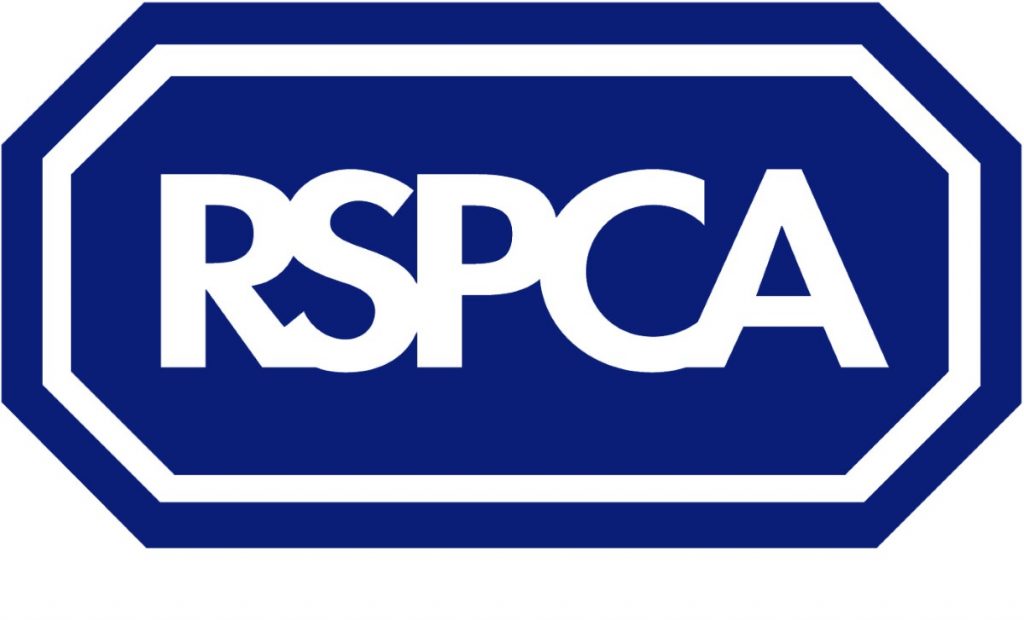RSPCA: Warning: Tackle your litter or swans may suffer this summer
Number of injuries triple during school holidays
Anglers are being asked to be careful with their fishing litter over the summer holidays – a time of year when the numbers of swans suffering from related injuries rise.
Already this month two injured cygnets have been taken to the RSPCA’s Stapeley Grange Wildlife Centre in Cheshire – one entangled in line and the other with line hanging from the mouth. Other recent casualties include a swan with a hook stuck in his eye in Norwich and another from North Wales which had line wrapped around her neck and a float hanging from her beak.
For the first time the RSPCA is joining forces with The Angling Trust, the Environment Agency and the National Swan Convention (NSC), which represents swan rescue groups, in an attempt to tackle these problems.
Dr Andrew Kelly, the RSPCA’s head of wildlife, said: “If people could see some of the sights which come into our wildlife centres, I think they would think twice about what they do with their fishing litter.
“Line wraps around swans causing deep wounds in their flesh, hooks pierce their beaks and weights are swallowed causing internal injuries and blockages. It can be heartrending.
“What is so frustrating is that these horrific injuries are so unnecessary and all it takes is a bit of care to avoid them. Angling is enjoyed by many people, and many anglers invest substantial time and money in improving the waterside environment. The vast majority of them do dispose of their unwanted fishing tackle properly.
“Now we need to reach the minority who don’t – particularly at this time of the year when the situation seems to get particularly bad.”
Injuries caused by carelessly discarded fishing tackle are a problem for wildlife throughout the year, but particularly for swans in the summer.
The number of swans admitted to RSPCA wildlife centres with fishing injuries more than tripled during the summer months in 2011, zooming from 22 in May to 92 in July. The number of related calls received by our complaints line rose from 187 in May to 334 in July and 393 in August.
This dramatic rise is thought to be due to novice anglers choosing to fish at this time, making the most of warmer weather and holiday time. Being inexperienced, they do not always dispose of their tackle properly.
Low water levels also mean discarded tackle becomes exposed and swans are more likely to come in to contact with it.
Mark Lloyd, of the Angling Trust, said: “Most anglers have a real love of the environment and hate to hear of swans and other wildlife being injured in this way.
“It is just the irresponsible few who cause the problems, and many of them may just not be thinking about the consequences of their actions. We hope that by raising a bit of awareness we can make them think twice.
“We are delighted to be working with the RSPCA and NSC for the first time to find a solution these problems – the more people work together the more chance we’ll have of tackling this problem at source.”
Notes to editors
— The RSPCA is working with the Angling Trust, the Environment Agency and the National Swan Convention, which represents other swan rescuers, to reduce the impact of lost and discarded fishing tackle which causes injuries to swans and other wildlife. They plan to share information, co-ordinate campaigns and work closely with local authorities to manage ‘hot spot’ fishing lakes where the problems are particularly bad.
— Recent cases:
o A cygnet was found entangled in fishing line with a broken wing tip in Lower Penn, Wolverhampton on July 2, 2012. The baby swan, thought to be two to three months old, was taken to Stapeley Grange Wildlife Centre in Nantwich, Cheshire where an x-ray revealed weights and line in the gizzard, or second stomach.
o Another cygnet was found on the same day in Cheshire with line hanging from the mouth. Again the baby bird was taken to Stapeley to be cared for and an x-ray found weights and line in the stomach.
o In June, a female swan was found with a fishing float attached to her beak and line wrapped around her neck in Montgomery Canal, Llanymynech. She had also swallowed some of the line with the hook attached. She was taken to Stapeley to be rehabilitated and a couple of weeks later released in time to be reunited with her mate.
o In May, a swan was found with a three-barb hook in his eye at Wensum Park, Norwich. Two barbs were in the eyelid, and the other in the eyeball. A delicate but successful operation took place at RSPCA East Winch Wildlife Centre in Norfolk and the bird was later released back to her mate.
— Tackling the problem:
o Please take unwanted fishing line home and cut it into pieces before putting in the bin.
o Please be aware of surrounding trees – discarded line caught in foliage causes many problems for wildlife.
o Please don’t leave bait unattended – always remove from the hook and put in safe place.
— For photos, case studies, statistics about fishing injuries broken down by region and interviews please call the press office.
RSPCA, Wilberforce Way, Southwater, Horsham, West Sussex RH13 9RS
Press office direct lines: 0300 123 0244/0288 Fax: 0303 123 0099
Duty press officer (evenings and weekends) Tel 08448 222888 and ask for pager number 828825
Email: press@rspca.org.uk Website: www.rspca.org.uk
Want to raise money for the RSPCA every time you talk? Rabbit on with RSPCA Mobile! http://www.rspcamobile.co.uk/





-01.png)